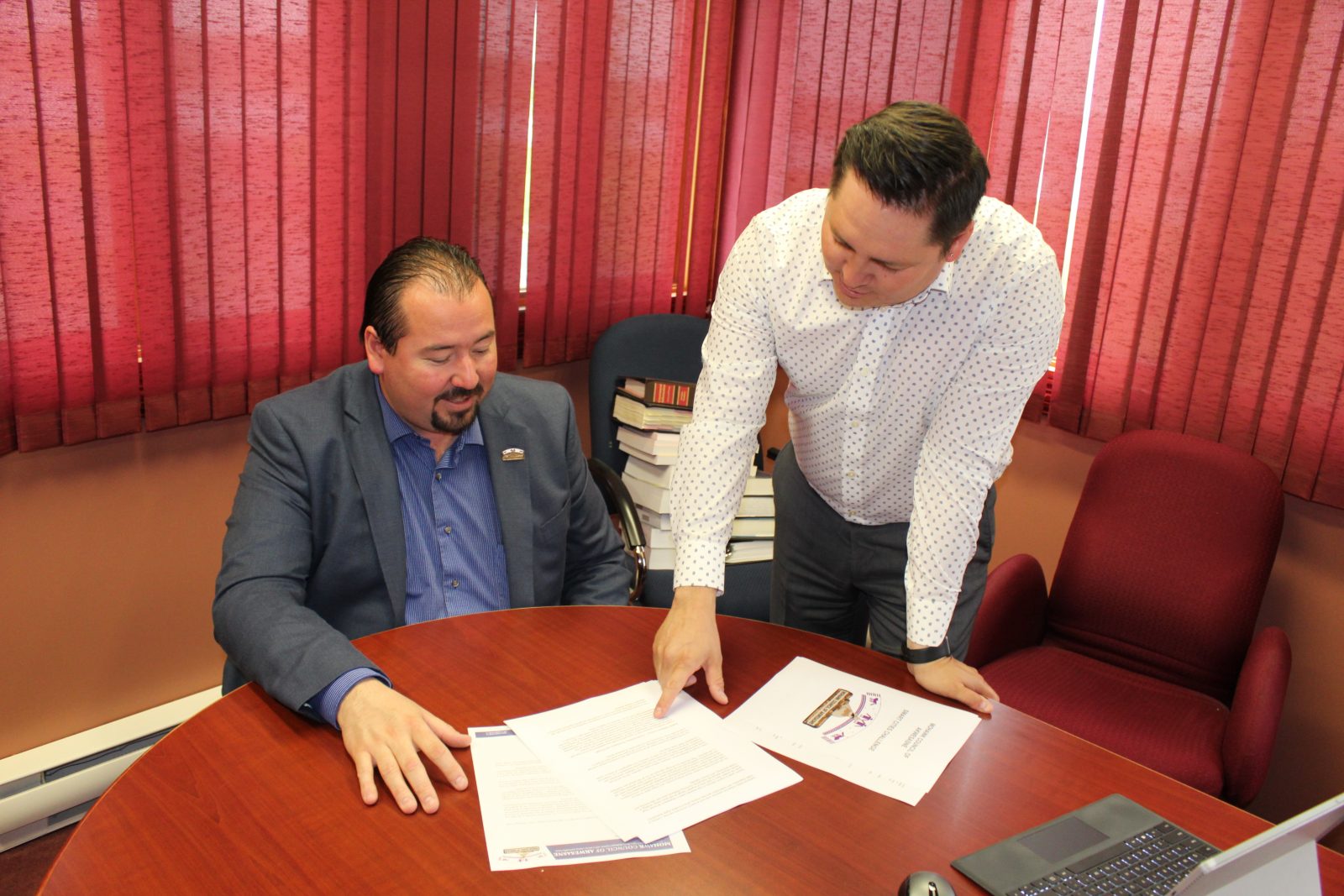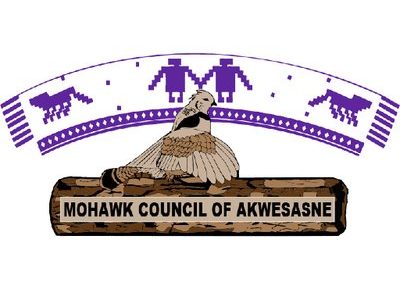AKWESASNE, Ontario – Earlier this month, Infrastructure Canada announced that the Mohawk Council of Akwesasne (MCA) is one of five national finalists in the Smart Cities Challenge. As a finalist, the MCA will receive $250,000 to further develop their smart city plan.
“We’re extremely excited to be one of the finalists,” said MCA Grand Chief Abram Benedict. “I think that one of our strategic priorities is modernization and well-being, and this falls in line with that.”
Infrastructure Canada asked communities to enter project proposals that would address local issues, using data and connected technology. The MCA began researching last July.
Benedict said there is presently no grocery stores in the community, so access to clean, healthy food isn’t always easy. The projected plan is to develop a smart greenhouse and grow foods that won’t be surrounded by chemicals. Online access to this food will also be created, whether the food comes from within or outside of the community. Benedict is hoping this will be possible, and information will be accessible through modern technology, such as apps and web portals. The plan also outlines data collection to see who is at risk and if the disease is common in certain areas of the community.
“We have a robust health department within our community, but we also have a high number of new cases of diabetes,” said Benedict. “Our Smart Cities statement was that we would try to reduce the new number of cases of diabetes to at least what the Canadian average is, and then bring it even a bit lower.”
The MCA proposal is to focus on health and wellness in the community, specifically lowering cases of diabetes. Benedict understands that the disease manifests from different circumstances, whether it’s genetics or diet.
Some community members advocated that access to high speed internet and public transportation should be prioritized. According to Benedict, the common theme was access and services. The plan that was developed is intended to be easily adoptable.
“We clearly want to be able to ensure that it’s transferable to other communities,” said Benedict. “Especially Indigenous communities, but not only specifically them. Some of the access issues that our community has could potentially be similar to rural communities or northern communities, but we’re not exactly either.”
The MCA chose to work with the digital services firm Zu for the proposal, based on their successful reputation. The company is helping with the planning process and design thinking training.
Benedict said that they will continue to integrate traditional knowledge into the development of proposal, and hopefully be able to implement it if they win.
“Obviously what we developed was a high-level proposal, very conceptual,” said Benedict. “The $250,000 will now be used to further investigate what we said we would do.”
The winner of the $5 million project will be announced in Spring of 2019.



